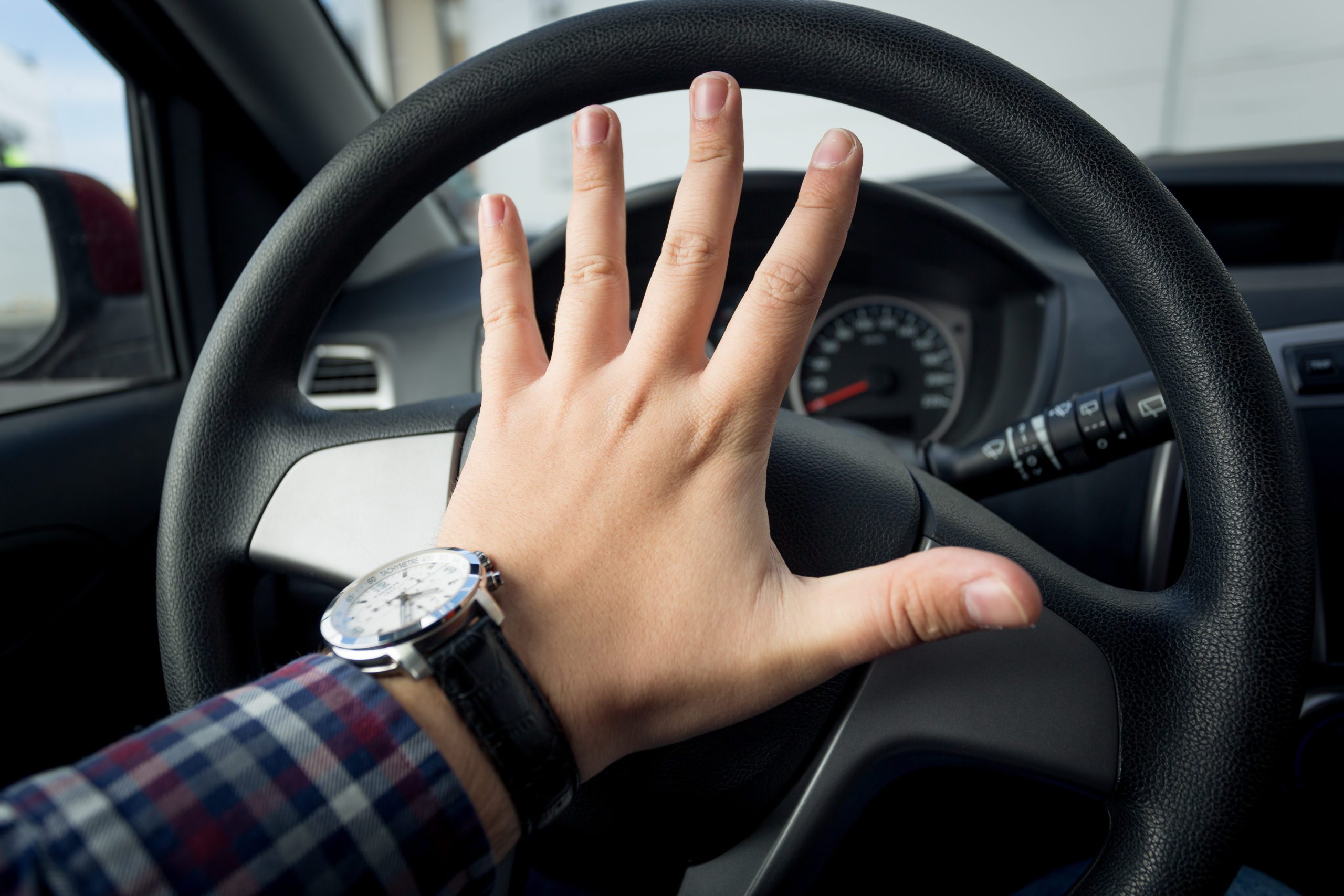Anger issues are something many of us have to deal with (and can seek out support for). But why do they rear their ugly heads so frequently when we are behind the wheel? Psychology Today writer Steve Albrecht wrote an insightful piece that delved into that topic and the roots of urban road rage.
For those of us in Los Angeles, tempers can flare at a rapid pace. Car travel is a major part of the SoCal experience and with crowded freeways and distracted drivers continually interrupting our commutes, it’s understandable that frustrations can occur. But what is it that can turn “calm people” into rage-aholics?
Albrecht traces it to a need for control. Believe it or not, we can become quite possessive of our driving space; be it a freeway lane or a block within our neighborhood. If another driver interrupts that flow, it can feel like a violation.
Those who suffer from deeper anger issues, however, can experience severe triggers by violations such as these. If you are battling buried rage emotions, a rude gesture on the road can kick off a vicious spiral. And that’s when things really get dangerous.
These situations are the types that lead to violence, arrests and even death. We have all seen the news stories about an angry driver chasing down a “violator,” then smashing their car, beating them up, or even pulling a weapon. Police are often called to these incidents as well, with serious felony charges enacted on road rage aggressors.
Albrecht goes on to share relaxation exercises that people can practice in their car when a potential trigger occurs. His advice includes stress breathing (slowly counting to four, then doing deep exhales), playing relaxing music from your radio and simply continuing to focus on your own car and your own commute.
The bottom line is, these incidents are not personal. The other motorists do not know who you are, nor do they have any vendetta against you. Truth be told, they are simply bad drivers who, more than likely, will pay the price for their inconsiderations later down the road (via a ticket or potential accident). The key is to be grateful that you escaped a close call without any major injury.
“Perspective is the important part of road rage prevention,” Albrecht concluded. “You are you. The other driver is the other driver. Only you can let someone ruin your day or push your hot buttons. Focus on being ‘relentlessly positive,’ and realize you can’t control, coerce, or fix other people. You can only manage you. Practice kindness, starting with you first.”


